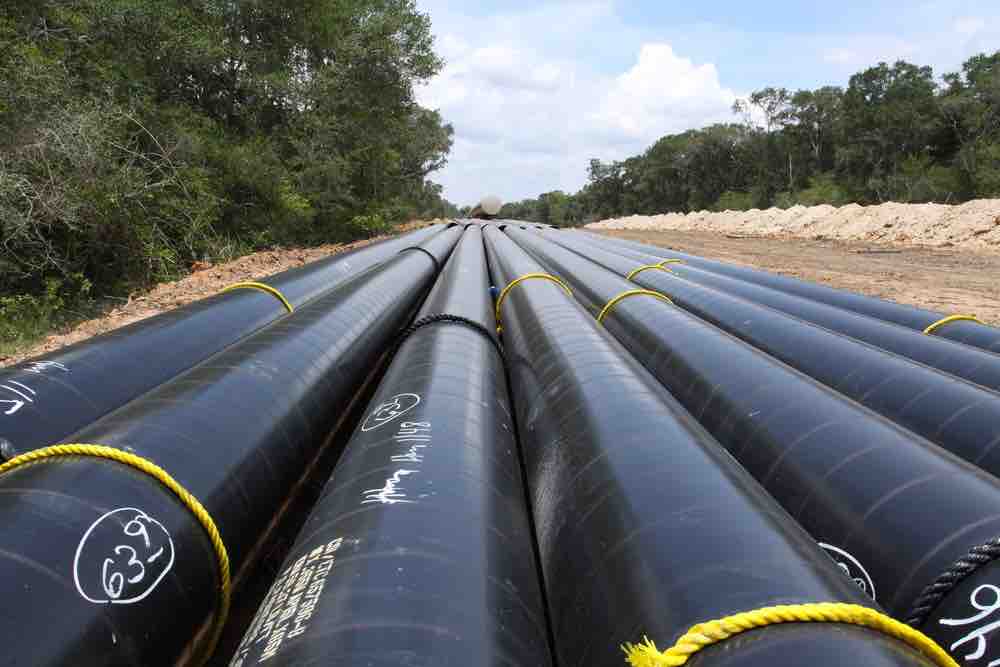Tribes Want Dakota Pipeline Shut Down, But Offer Fallback Plan

BISMARCK, N.D. (AP) — American Indian tribes fighting the Dakota Access oil pipeline are asking a judge to shut down the line while more environmental review is conducted, but they’ve also presented a fallback plan should the judge disagree.
The “alternative relief” that Standing Rock Sioux attorney Jan Hasselmen “reluctantly” proposed in court documents filed Monday includes increased public reporting of pipeline issues such as repairs, and implementation of a spill response plan — including equipment staging — at the Lake Oahe reservoir on the Missouri River, from which the tribe draws its water.
“Neither the Corps (of Engineers) nor DAPL has ever communicated with the tribes about spill response planning,” Hasselman wrote.
The $3.8 billion pipeline built by Texas-based Energy Transfer Partners began moving oil from western North Dakota to a distribution point in Illinois on June 1, after President Donald Trump earlier this year pushed through its completion.
U.S. District Judge James Boasberg later in June ruled that the Army Corps of Engineers largely complied with environmental law when permitting the pipeline but didn’t adequately consider how an oil spill under Lake Oahe might affect the Standing Rock Sioux tribe. He ordered the Corps to reconsider certain areas of its environmental analysis and is deciding whether to shut down the 1,200-mile pipeline through the Dakotas, Iowa and Illinois while the work is done.
The Corps and ETP have advocated for keeping the pipeline operating. The company maintains a shutdown would cost it $90 million each month and also impact the energy industry, consumers and government tax revenue. The Corps says the agency expects to be able to substantiate its earlier determination that the pipeline poses no significant environmental threats.
Hasselman said “such an approach would make a mockery” of the federal environmental review process.
“Both the Corps and (ETP) have made it abundantly clear that they will treat the remand as a paper exercise designed to generate additional explanation for decisions already made,” he wrote.
Boasberg’s ruling is not expected until September at the earliest.
Related News
Related News

- Phillips 66 to Shut LA Oil Refinery, Ending Major Gasoline Output Amid Supply Concerns
- FERC Sides with Williams in Texas-Louisiana Pipeline Dispute with Energy Transfer
- U.S. Appeals Court Blocks Kinder Morgan’s Tennessee Pipeline Permits
- ConocoPhillips Eyes Sale of $1 Billion Permian Assets Amid Marathon Acquisition
- Valero Considers All Options, Including Sale, for California Refineries Amid Regulatory Pressure
- U.S. LNG Export Growth Faces Uncertainty as Trump’s Tariff Proposal Looms, Analysts Say
- Marathon Oil to Lay Off Over 500 Texas Workers Ahead of ConocoPhillips Merger
- Valero Considers All Options, Including Sale, for California Refineries Amid Regulatory Pressure
- Another Major U.S. Oil Refinery Shutting Down as Lyondell Confirms Houston Closure
- Chevron CEO Wirth Under Fire as Hess Deal Delay Drags Down Stock Performance




Comments